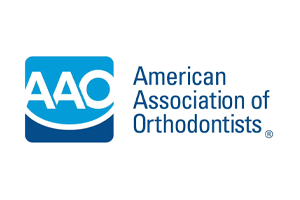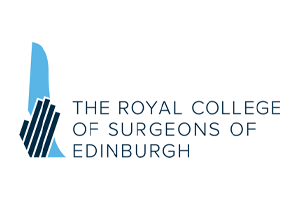Your dentist will look-out for signs that your child may need braces, but for a conclusive answer, we recommend visiting a specialist orthodontist for a consultation. The ideal time for an appointment is between the ages of 8 and 10.
If your child is older, don’t worry, we can still help. There’s no upper age limit for orthodontic treatment, and we’ve helped hundreds of teenagers and adults.
Signs your child may need orthodontic treatment
They have gaps or overcrowded teeth
If your child is unhappy about crooked, twisted, crowded teeth or gaps, braces are a fantastic solution. We have a wide range of techniques to straighten teeth, including fixed and removable appliances.
Invisalign Teen is popular amongst our youngest patients. It moves teeth using clear, removable aligners. We also have clear and metal fixed braces, which can be customised with multi-coloured elastic ligatures. At the end of their treatment, we’ll fit retainers to maintain your child’s new grin.
They suck their thumb or fingers
Most orthodontic problems are inherited, but some are caused by habits. Persistent thumb or finger sucking past the age of four can affect the development of your child’s teeth and jaws. This could result in an open bite, where the front teeth don’t meet, or an overjet, where the upper front teeth protrude.
If you think your child’s teeth have been affected by thumb or finger sucking, we recommend bringing them in for a consultation. If they’re still sucking their thumb or fingers, we can even help you to find strategies to stop the habit.
They still have their baby teeth
Most children lose their baby teeth by age 14, but it’s not uncommon for one or more to stick around. Usually, there are no adult teeth ready to replace them, or something may be stopping the adult teeth from coming through.
If your teenager still has their baby teeth, contact us to arrange a consultation. Without intervention, they could develop complications, including, gaps and spaces and problems with their bite.
They’re missing one or more adult teeth
Our adult teeth usually erupt by the age of 13. Your wisdom teeth, right at the back, take a bit longer and may not come through until your twenties. If one or more adult teeth are missing, this needs investigating.
An orthodontic examination and X-ray will identify what’s going on. Depending on which teeth are missing, your options may include preserving the baby tooth, replacing the missing tooth with a bridge or implant, or closing the space with braces.
They have difficulty chewing
If you notice that your child struggles to chew their food, their teeth or jaws may be responsible. If their teeth aren’t aligned correctly, they might also find themselves regularly biting their tongue or the insides of their cheeks.
Orthodontic treatment doesn’t just improve the appearance of teeth. It allows us to move growing jaws and teeth into the optimum position for a healthy smile.
Their jaw protrudes
Sometimes, the upper or lower jaw doesn’t develop properly, resulting in teeth that protrude or overlap excessively. This can affect your child’s facial appearance and may cause speech issues, difficulty chewing and damage to their gums.
If you see an orthodontist while your child is still growing, it’s usually possible to correct jaw discrepancies with the help of functional appliances. This can avoid jaw surgery later in life.
The next steps
If you’re concerned about your child’s teeth, we’d be delighted to see them for a consultation. You can contact us directly to arrange an appointment with specialist orthodontist Dr. Jackie Bracken.
Jackie’s gentle and friendly approach will put your child at ease throughout this relaxed assessment. If we think they would benefit from orthodontic treatment, we’ll provide you with a comprehensive treatment plan.
If they’re not ready to start treatment, but they may need braces in the future, we’ll invite you back to the practice for a review at a later date.
We’ll be there at every step to support you and your child throughout their journey to a confident smile.








